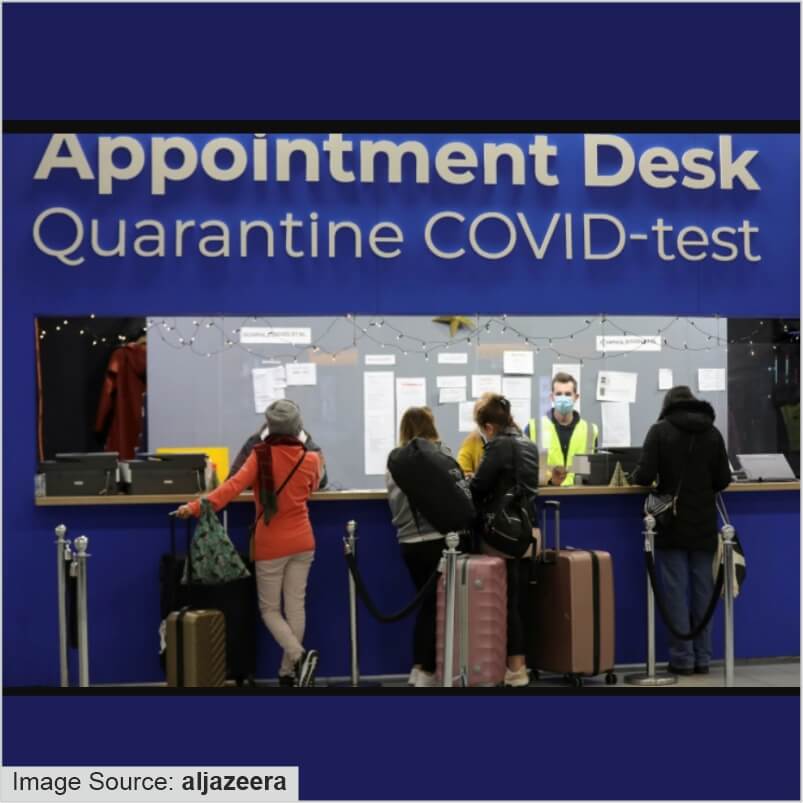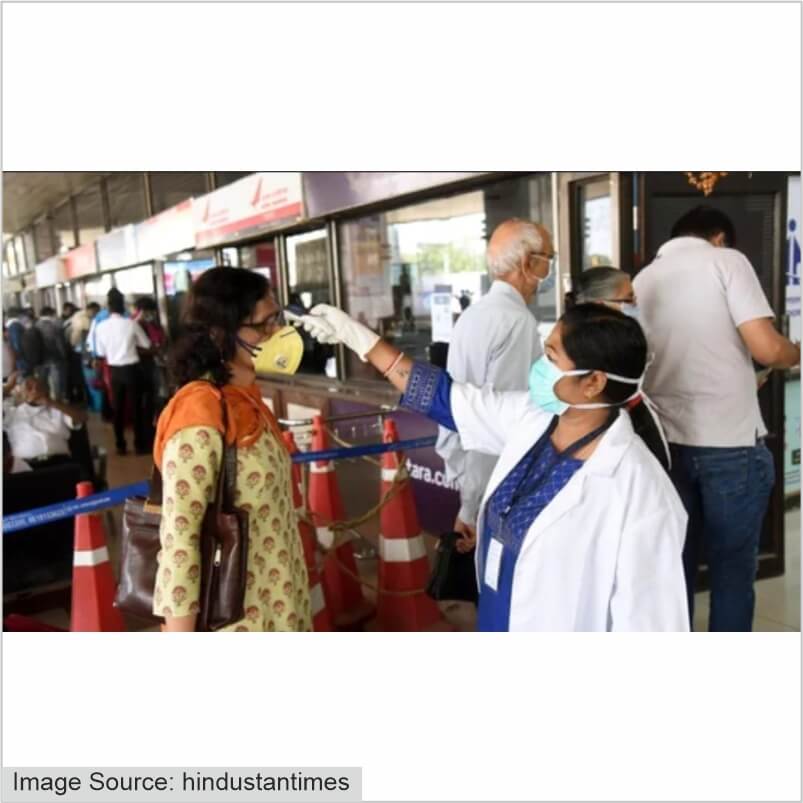The variant scientifically known, B.1.1.529, also named Omicron was little known to the public until November 24. It started circulating in South Africa as a 'variant of concern'. The samples tested in the Lancet laboratory drilled innumerable mutations, especially on the spike protein that the virus uses to enter human cells. Early indications are that this variant is possibly even more transmissible than the highly infectious Delta variant and that COVID-19 vaccines may be less effective against it. South Africa reported a four-fold increase in new cases by the start of December, coexisting with the emergence of Omicron.

The discovery of the new variant has caused global alarm. Countries have started limiting travel from the region and imposing other restrictions for fear it could spread quickly, even in vaccinated populations. How severe are the symptoms compared with previous versions, how good is the new variant at dodging immunity from vaccines or past illness, and how will it differ among age groups remains unanswered. Preliminary evidence suggests that people who have previously had COVID-19 could become reinfected more easily with Omicron, but the information is limited. The PCR tests are proved effective in detecting infection, including infection with Omicron. WHO(World Health Organisation) encourages countries to contribute to the collection by sharing data of hospitalised patients through the WHO COVID-19 Clinical Data Platform, which will help rapidly determine clinical characteristics and patient outcomes and how mutations in Omicron alter the behaviour of the virus.

There are several actions recommended by WHO for countries to undertake:
1) Enhancing surveillance and sequencing of cases.
2) Sharing genome sequences on publicly available databases, such as GISAID.
3) Reporting initial cases or clusters to WHO.
4) Performing field investigations and laboratory assessments to better understand if Omicron has different transmission or disease characteristics or impacts the effectiveness of vaccines, therapeutics, diagnostics or public health and social measures.
The Union health ministry has listed the UK, South Africa, Brazil, Botswana, China, Mauritius, New Zealand, Zimbabwe, Singapore, Hong Kong and Israel as 'at risk' countries. Though India's Covid cases have continued to witness a downward trend, the union health ministry altered travel rules for international arrivals amid the concern around the Omicron. Secretary Rajesh Bhushan held a meeting with states and Union territories, during which he asked them to upgrade testing against Covid-19 and enhance the testing infrastructure. All international passengers are required to submit 14 days' travel history and upload negative Covid test results on the Air Suvidha portal. States were also asked to test international passengers on their day of arrival, arriving from 'at risk' countries and send samples of people found positive to designated labs for genome sequencing. The new travel guidelines became active on December 1, 2021.

On the lookout for a new Omicron virus, six travellers from South Africa or other 'at risk' countries were found COVID positive within a fortnight in Mumbai. All the patients are asymptomatic to Omicron and placed in quarantine. They would be tested for Covid-19 on the second, fourth and seventh days of quarantine. Several cases of the Omicron variant of coronavirus have sprung up in India, with 21 new cases on Sunday in Maharashtra, Karnataka, Gujarat Rajasthan and Delhi, With Rajasthan having the most number of Omicron cases at 9 and Maharashtra at 8.

The emergence of the Omicron COVID-19 variant once again shows that the pandemic is far from over. Covid-appropriate behaviour is critical for breaking the chain of transmission. Wear masks, maintain social distance and good ventilation in all shared spaces, wash and sanitise hands and surfaces regularly.
